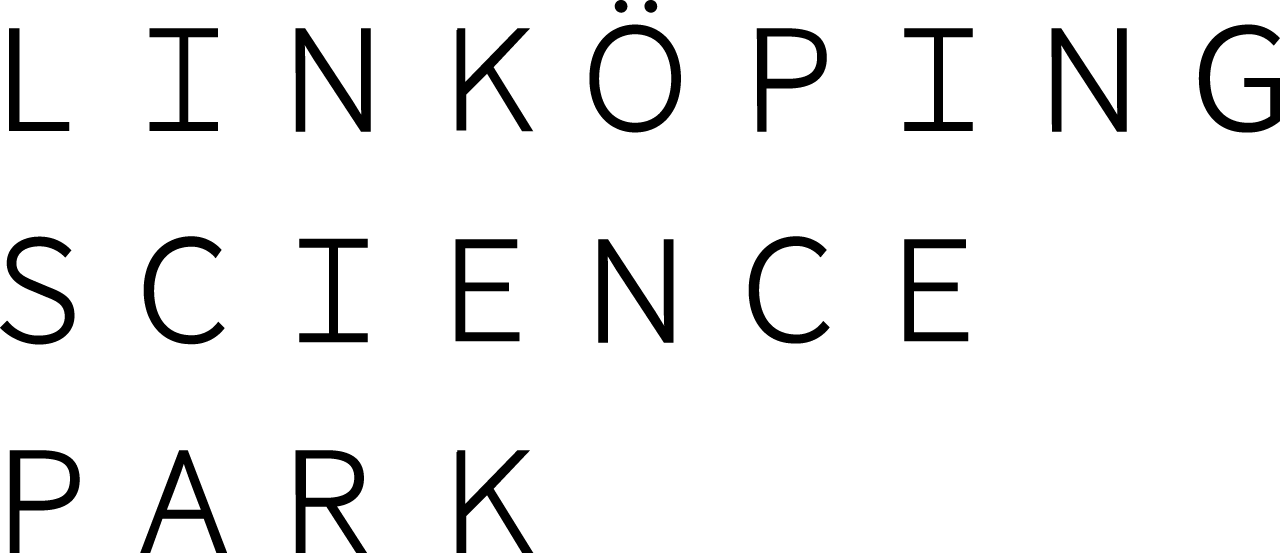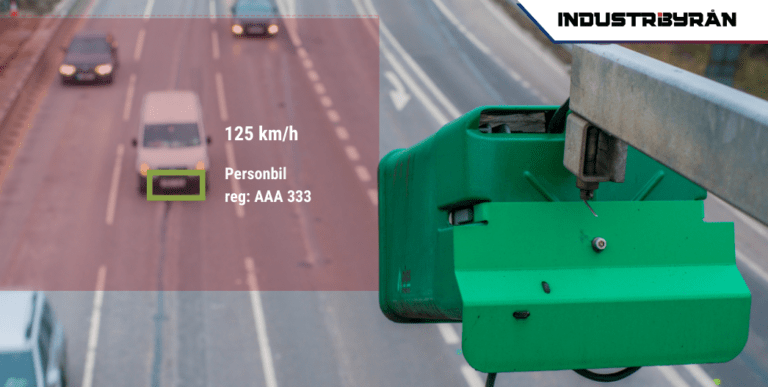When Niclas Söör started the coworking company DoSpace, it was because he’d noticed some trends in society.
The first is that we’re facing a time of social change, where people want more and more say over their own time. We want more influence over what we do, when we do it and whom we do it with.
Moreover, in a large company it’s no longer about sticking with the same group of colleagues. Maybe you’d like to work with one group of people today and another tomorrow. And to do so according to what you need in the moment – both personally and occupationally.
Söör says that he’s identified a pattern whereby large or-ganisations are broken down into smaller and more specialist companies that work with each other when they want and need to.
All this chimes with what motivation research says about autonomy. To be really motivated, we have to be involved in making the rules.
“Another thing I noticed was that most situations are homogenous,” he says. “Friends who I studied with tip me off about certain things. We watch the same films and read the same books. We create our own clusters that are shielded from the outside world. Coworking can be a great way to break out of these bubbles.”
You might, a little mischievously, say that coworking is just another word for a business hotel, an office centre where a bunch of sole traders sit in their own room and share a kitchen, some toilets and a printer.
Or you could describe a coworking space as a structured and businesslike hippy collective in which companies some-times cooperate to achieve some greater goal, slipping in and out of constellations and creating collaborations – communities if you like – of ad hoc benefit.
The latter interpretation is definitely more accurate.
Söör mentions how people from different industries and companies of all shapes and sizes meet to do business that would never otherwise have got off the ground. The reason is that they bump into each other at the coffee machine or sit down beside each other at one of the common desks.
“It would never have happened if the psychologist had just gone to conferences to meet other psychologists. There’s a strength in the unforced. Here, connections are made over lunchboxes on a rainy Monday. Or by the coffee machine on a Wednesday. It’s never a case of ‘now we have to go out into the big wide world and seal this deal or meet this or that person’. Here the dialogue can start on firmer ground. It gives people the courage to express themselves in a way that’s slightly different to when they meet in a contrived and focused way to discuss a project.”
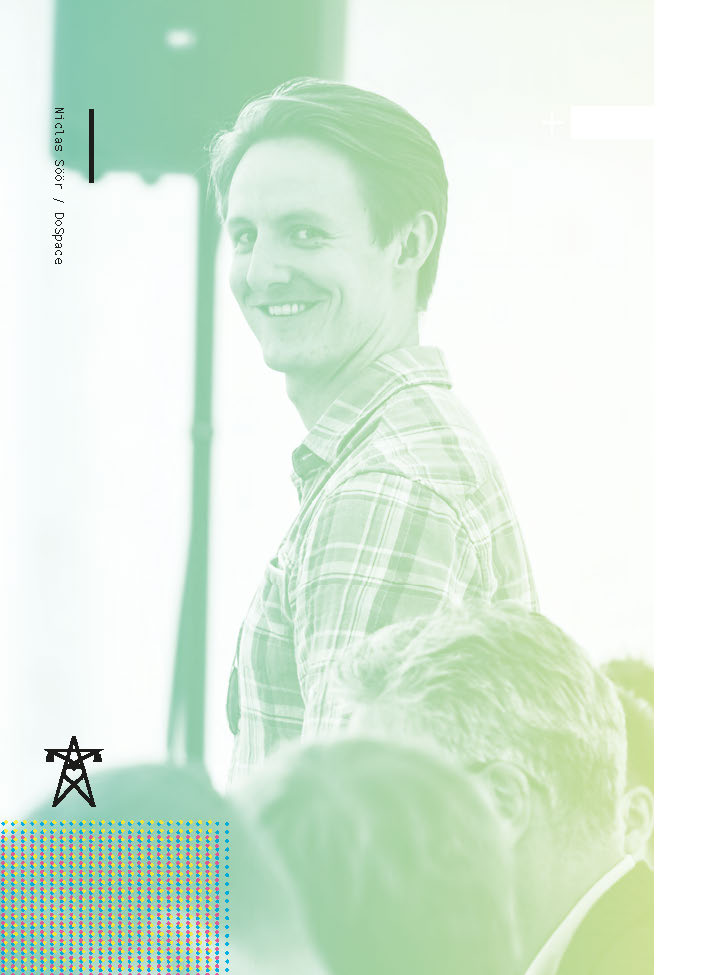
On your own, yet still together
A coworking space you can share with people from Finland, Spain and New Zealand. People who want to work with their own things but not from home – alone. Instead, they’d prefer to sit side-by-side with other driven people who are all wor-king with their own thing.
As employees, there’s always been a structure in place – a context – for how we work. When all the more people want to work on their own as individuals a structure is needed that will still allow them to draw on each other’s knowledge and experience – and to find each other. The purpose of the coworking space is then, like it is for a science park, to facilitate, to make it easier for people to find like-minded others, energy, inspiration and new collaborations.
To Söör, coworking is about cross-fertilisation, even if that’s a term noun he never himself uses.
As the world grows more complex, so do the solutions. So we’re going to have to rethink not only how companies collaborate with other companies, but also how people can collaborate with other people. A community, says Söör, regardless of its nature, is a perfect tool and a structured context for people to meet and find ways of working together.
Peace, love and profit
The job of the one running a coworking space is to do every-thing to ensure that the companies renting the offices or desks in the shared environment can focus fully on their business. People should just be able to turn up and knuckle down.
“People need to be happy, to feel welcome, seen and heard,” says Söör. “They need to feel secure and know that there’s no risk of their being steamrollered or questioned. We put a huge amount of work into how we treat people and how we can create a congenial atmosphere.”
Söör changes the subject to leadership.
He says that it’s about everyone knowing what’s expected of them. One such unwritten rule is that the tenants are to greet one another and introduce themselves to newcomers. They’re also to fill and empty the dishwasher, no matter who’s dumped that used coffee cup on the draining board and walked off.
“It’s small things like this that go to make something bigger. Since a community is transparent, people are constantly flowing in and out. So if new people don’t quickly get a feeling of security, they’ll just infect others with their insecurity. If you get a group that feels insecure and unsett-led, you won’t get anything out of it.”
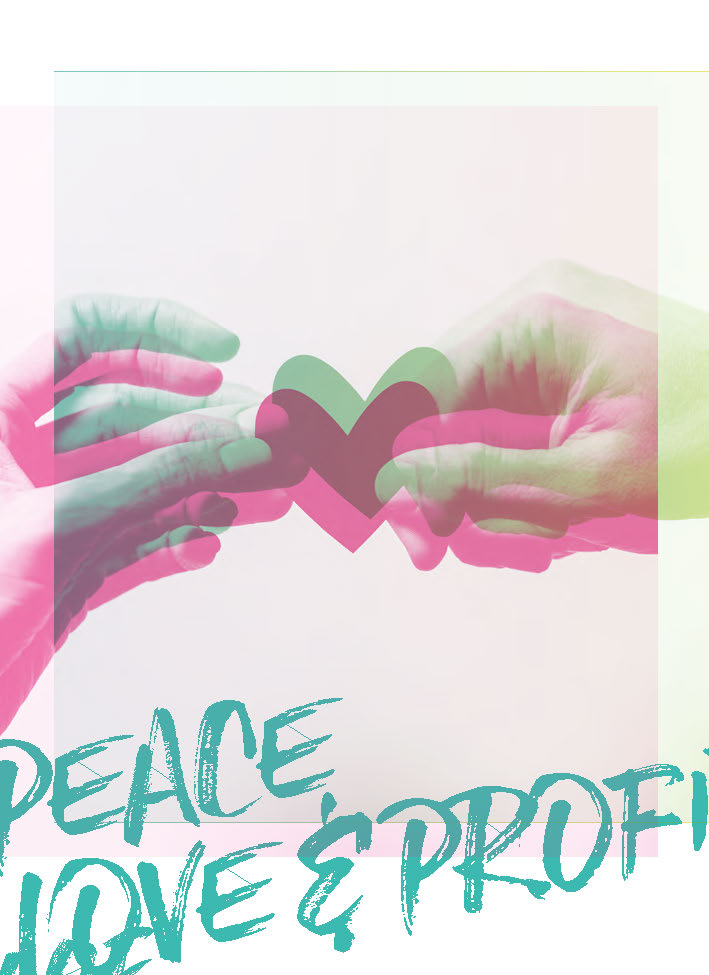
A pointing finger can choke
He pauses to think before describing “a classic thing that’s quite telling”.
“You have a meeting, and someone turns up ten minutes late. Some around the table want to make it clear that they disapprove, others make out to be unbothered. At the same time, the meeting should embolden people to speak up and perform to the max, shouldn’t it? But the latecomer feels ashamed and sits in silence for a while to get acclimatised. I think as the one leading the meeting you need to see this person; greet them and try to take the sting out of their shame at arriving late. Otherwise, he or she won’t exactly feel inclined to deliver.”
According to author Peter Block, successful community- building is about focusing on the possibilities. For example, a community is always created out of voluntariness. It’s when people step forward of their own free will – their own intrinsic motivation – that they feel inclined to open up and discuss what they’re willing and able to contribute. In this instance, to erect a strict regulatory framework will merely crush their motivation.
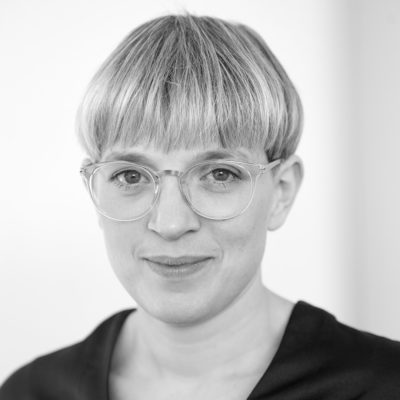
Anna Broeders
Community & Employer Branding Manager
anna.broeders@linkopingsciencepark.se
+46(0)725-74 37 00
